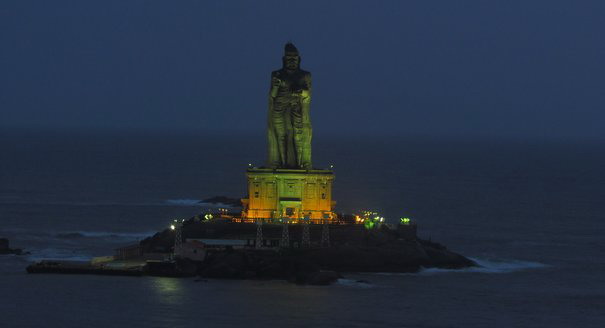June 12, when the citizens of the Russian Federation celebrate Russia Day, is a good occasion to recall the lessons of history. One of such lessons leads us to Allahabad, a city in the Indian state of Uttar Pradesh.
On June 12, 1975, Jagmohanlal Sinha, the judge of the Allahabad High Court, accused Indira Gandhi, the prime minister of India, of having indulged in corrupt electoral activities, declared her election invalid, and disqualified her from participating in elections for a period of six years. Gandhi appealed to the Supreme Court. On June 24, it decided that till the full removal of the cases against Gandhi she could stay in the office but could not vote in the Parliament.
On June 26, the prime minister declared the state of emergency. The democratic process in India was interrupted for 19 months. When the state of emergency was lifted on January 18, 1977, Gandhi was hoping that her Indian National Congress (INC) would be able to retain the power. It was a mistake. The parliamentary elections of 1977 did not let her celebrate victory. For the first time in the history of India the INC lost the parliamentary elections.
The decision of the Allahabad High Court did not remove Gandhi from power. Moreover, after the decision had been issued, the state of emergency was imposed. So, some people could think that Sinha’s courage was useless or even harmful for political process of India. It is difficult, however, to agree with this.
- Firstly, Sinha did not have a goal to ruin the political career of the prime minister. According to Bipan Chandra, a historian of India, this judge dismissed more serious charges against Gandhi.
- Secondly, the decision of the Allahabad High Court could not be regarded as the main reason for the state of emergency. There were other important factors, including the massive political opposition, the defeat of the INC in the elections in the state of Gujarat, the 1973 oil crisis, and, undoubtedly, the will of Gandhi and her close circle.
- Thirdly, the Allahabad High Court decision, the state of emergency, and the 1977 elections became a test of India’s democracy, demonstrated that the people were not ready to give up their political rights in exchange for stability. Since before these events there were discussions about the possibility of a presidential regime or even some form of an authoritarian rule to resolve numerous problems of India, after these events had happened such ideas became marginal.
The Allahabad lessons are clear:
- Firstly, independent and strong judiciary is an essential pillar of democracy.
- Secondly, unfair elections lead a politician to victory, but not to legitimacy.
- Thirdly, an interruption of the democratic process can be useful for short-term goals and harmful for long-term goals.
Gandhi’s mistake has been repeated by General Pervez Musharraf, the president of Pakistan, in 2008. When the president faced the charges in the Supreme Court and the massive opposition on the streets, he decided to declare the state of emergency. Now Musharraf is under home arrest.
